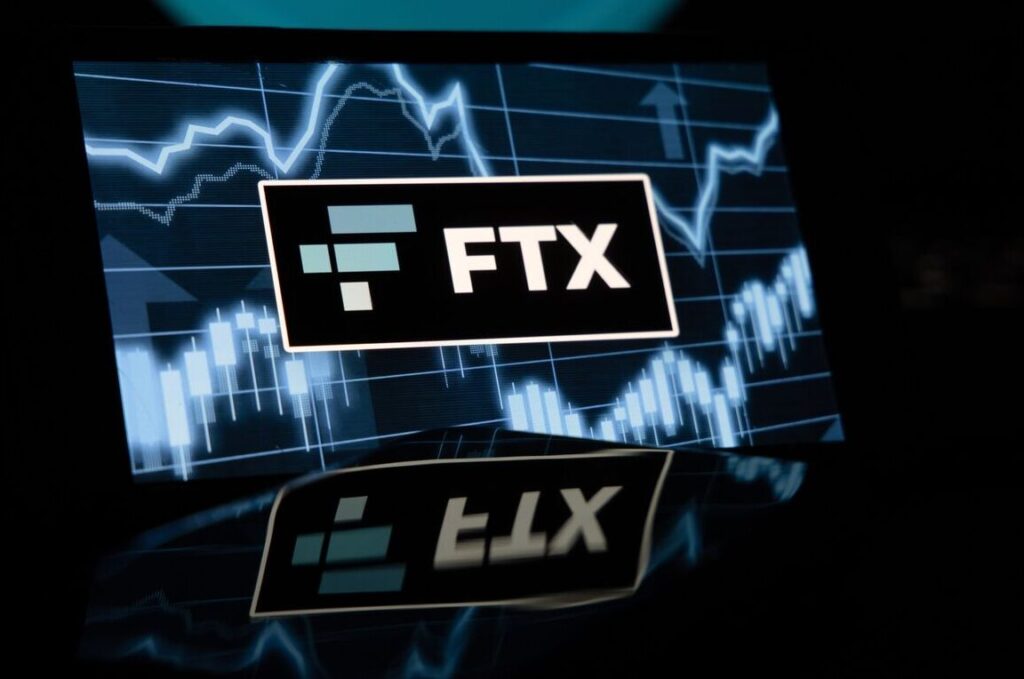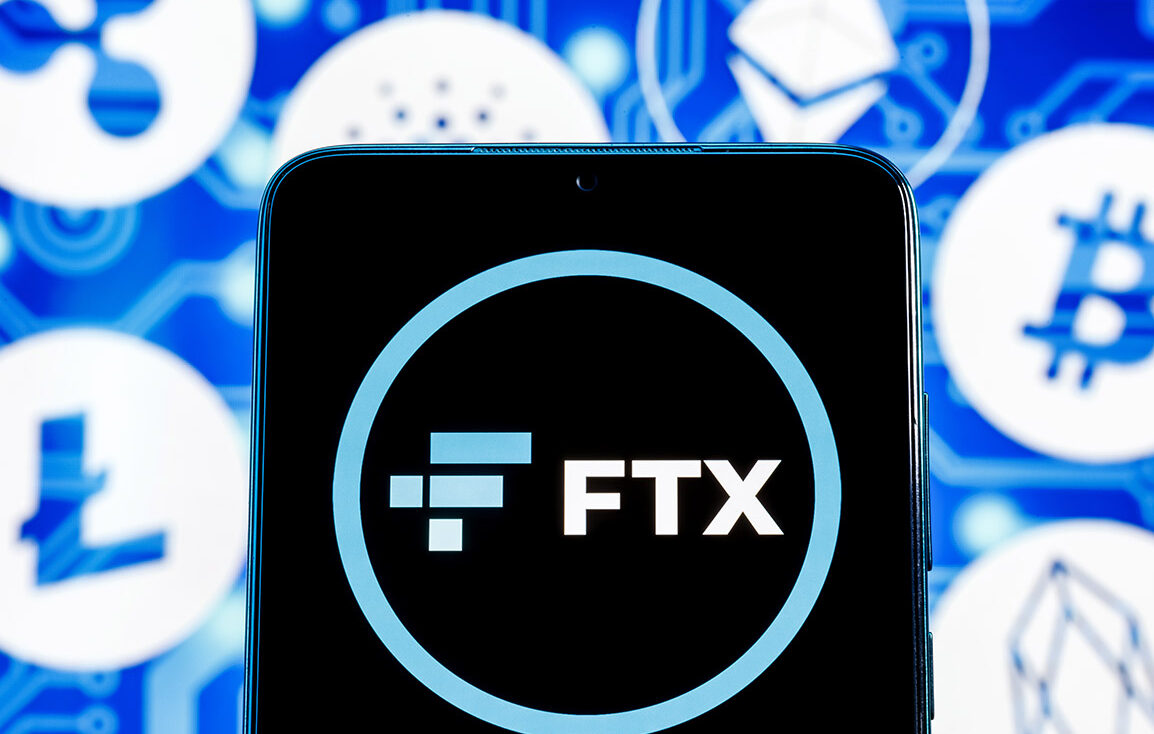Declared bankrupt in late 2022, the controversial Cryptocurrency Market exchange FTX has taken legal action against the NFT star marketplace and the AI game platform Delysium. As part of FTX’s bankruptcy process, the action aims to recover millions of digital assets claimed to have been misused or stolen during the exchange’s collapse. This legal fight aligns with FTX’s broader efforts to recover funds lost during its collapse, which primarily resulted from fraud and mismanagement by founder Sam Bankman-Fried.
FTX Collapse and Recovery
Once a top cryptocurrency exchange, FTX experienced explosive growth, providing a vast range of services, from trading digital assets to launching its NFT marketplace. Attracting millions of users worldwide, it has become one of the largest and most reliable platforms available for crypto enthusiasts. Shortly later, the company declared bankruptcy, leaving creditors and consumers with losses of billions of dollars.
John J. Ray III and other new leaders of FTX assumed control following the bankruptcy declaration with an eye toward recovering as much of the lost money as feasible. Since then, FTX has been working tirelessly on a legal and financial recovery process, including a slate of litigation aimed at recovering assets and repaying creditors.
FTX Fund Mismanagement
Targeting the NFT Star Marketplace, a platform that enables users to trade non-fungible tokens (NFTS), and Delysium, an AI-driven gaming platform, the current complaint alleges that these sites participated in illegal fund retention and transfer involving money initially belonging to FTX consumers. The lawsuit claims that these platforms facilitated transactions involving FTX’s digital assets without obtaining the necessary permission from FTX or its administrators. This claimed financial mismanagement has complicated the bankruptcy process and postponed creditor asset recovery.
The managers of FTX contend that the activities of NFT Star and Delysium not only broke bankruptcy rules but also betrayed the confidence FTX and users had in these platforms. According to the lawsuit, the platforms facilitated the movement of FTX assets in a manner that circumvented the legal and procedural protections intended to be in place.
FTX Legal Recovery
FTX administrators are filing multiple lawsuits to recover funds from asset management companies. Following FTX’s collapse, digital asset platforms are being scrutinized differently, and the NFT Star and Delysium lawsuit is massive. We expect the lawsuit to establish new bankruptcy precedents for digital assets, particularly in cases involving ownership or fund flow disputes.
The lawsuit highlights the challenges of governing decentralized and opaque bitcoin marketplaces. The rise of NFT platforms, DeFi projects, and AI-driven bitcoin applications is challenging traditional legal systems.
The attempts by FTX to recover lost funds could lead to increased transparency and accountability in the NFT and cryptocurrency domains. The outcome of this litigation is likely to impact how digital asset platforms manage consumer funds, particularly in bankruptcy scenarios. Should FTX be successful in this regard, it may create a precedent in which other platforms, particularly those related to assets owned by third parties, are more cautious and comply with legal and financial norms.
FTX Legal Battles
Legal tactics of FTX do not stop with the lawsuit directed against NFT Star and Delysium. The bankruptcy estate of the corporation has launched numerous lawsuits against various entities, including investment firms, political donors, and bitcoin exchanges. FTX has already taken action against other exchanges, including KuCoin, to recover frozen funds that are supposedly part of the larger financial turmoil surrounding its collapse.
In one of the well-known cases, FTX sued KuCoin in an attempt to recoup over $50 million in assets. According to the lawsuit, KuCoin claimed that despite several requests from FTX’s bankruptcy managers, KuCoin had not released these funds; FTX argued that such behavior violated bankruptcy regulations. These rehabilitation initiatives highlight the bankruptcy estate’s willingness to pursue justice and provide creditors impacted by the collapse with a value recovery.
Final thoughts
FTX’s legal actions against NFT Star Marketplace and Delysium represent a significant milestone in the ongoing story of the exchange’s decline. As the matter develops, it will provide further insight into the legal complexities underlying digital assets and the broader cryptocurrency sector.
Not only are the creditors due money, but the future of bitcoin regulation also depends on FTX’s attempts to recoup lost cash. Stakeholders across the bitcoin sector will be closely monitoring these legal disputes, aware that the outcome can impact digital asset management and liability in the future.




